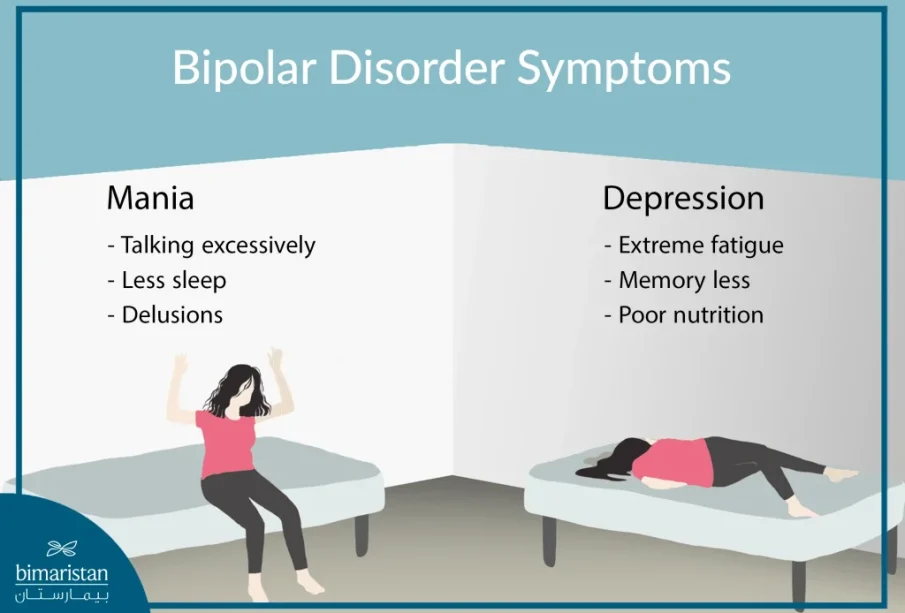Insight into Bipolar Disorder: Symptoms and Treatments

Introduction to Bipolar Disorder
Bipolar disorder, previously known as manic-depressive illness, is a mental health condition that causes extreme mood swings. These shifts can range from depressive lows to manic highs, impacting an individual’s daily life, relationships, and overall well-being. With approximately 1 in 100 people diagnosed globally, understanding bipolar disorder is crucial for reducing stigma and fostering acceptance.
Symptoms and Types
The symptoms of bipolar disorder vary significantly among individuals but generally fall into two primary categories: manic episodes and depressive episodes. In manic phases, individuals may experience increased energy, reduced need for sleep, racing thoughts, and sometimes impulsive or reckless behaviour. Conversely, depressive episodes can leave individuals feeling hopeless, fatigued, and disinterested in activities they once enjoyed.
There are also different types of bipolar disorder, with Bipolar I and Bipolar II being the most common. Bipolar I is characterised by manic episodes lasting at least seven days, while Bipolar II involves a pattern of depressive episodes and hypomanic episodes without the severe manic episodes that mark Bipolar I.
Current Research and Treatments
Recent advancements in research are paving the way for improved treatment strategies. Medications such as mood stabilisers, antipsychotics, and antidepressants play critical roles in managing symptoms. Additionally, psychotherapy options, including cognitive behavioural therapy (CBT) and family-focused therapy, are proving effective in helping individuals manage their condition.
Moreover, lifestyle changes such as regular exercise, a balanced diet, and establishing a routine can also aid in managing symptoms, contributing to a holistic approach to treatment.
Conclusion
The awareness surrounding bipolar disorder is steadily increasing, helping to destigmatise the illness and facilitate timely interventions. Early diagnosis and a well-structured treatment plan can greatly enhance the quality of life for individuals living with bipolar disorder. As we advance, ongoing research is expected to yield effective strategies for better managing this condition, ultimately leading to a society that is more understanding and supportive of mental health challenges.









